(ECNS) -- The Russia-Ukraine crisis has been lasting for months. How is it affecting the dominant position of U.S. dollar around the globe? Will there be new opportunities for the internationalization of renminbi? Will the "Indo-Pacific Strategy" the U.S. eager to push be effective? And could there be a new way for the United States to deal with its relations with China?
In the latest W.E. Talk, Dr. Gal Luft, executive director of the Institute for the Analysis of Global Security (IAGS) and senior adviser to the United States Energy Security Council, and Dr. Qu Qiang, Assistant Director and researcher at International Monetary Institute (IMI), Renmin University of China, have been invited to discuss with Peng Dawei, deputy director of China News Network Research Institute.
Gal Luft holds the idea that with long-arm jurisdictions and "trigger-happy" sanctions the Washington imposes, there is a trend that the U.S. dollar may be pushed off of its reserve currency throne. And the Russian-Ukraine conflict has further accelerated this trend.
Qu Qiang says that China and the U.S. right now is in a very benign competition. Stress of competitions in areas including economy, finance, technology will force two countries to come up with better ideas and better inventions, which will benefit not only China and the U.S. but also the rest of the world , hence a bright future for China-U.S. relation.
Here's an excerpt of the dialogue:
U.S. dollars quickened to be pushed off its reserve currency throne
CNS: In a recent interview, you told CNBC that you call Washington sanctions "trigger-happy", and you mentioned that those sanctions may push countries away from the dollar. Could you please elaborate more on this scenario?
Gal Luft: I have been arguing that what gives America its real power in the world is not its military, but rather the power of the dollar. The United States now is fighting Russia indirectly via Ukraine, but the real weapons that it is using are the financial punishments, the sanctions, the disconnect from SWIFT, the secondary sanctions. This has given the United States its power on the world stage since the WWII.
But what we've seen in recent years that the long-arm jurisdiction and the "trigger-happiness" when it comes to sanctions, one of ten countries in the world today is under U.S. sanctions. It's quite an amazing statistic and more and more countries are being added. Let's not forget until not long ago, they wanted to even sanction Germany. They wanted to impose sanctions on India, so nobody seems to be immune from U.S. sanctions.
I think since this crisis in Ukraine started, these actions are really giving a pause to a lot of central bankers to say, "wait a second, maybe we should not be too much involved in this dollar system." And also energy exporting countries are thinking, "maybe we should not trade all of our oil and gas in dollars; maybe we should shift to alternative currencies." I think everybody is now recalculating their actions and rethinking how we going to survive in a world in which one country is wielding so much power and is using this power sometimes in an irresponsible and overly-aggressive manner. And I think collective actions that all of these countries are taking already and will take in the future will undermine the very same premise that has given America the position that it has today in the world.
CNS: In your book co-written with Anne Korin, you discussed the trend that dollar may be pushed off of its reserve currency throne. Is the Russian-Ukraine conflict and U.S.-China tensions in trade and technologies will somehow accelerate this trend?
Gal Luft: Absolutely. Let me give you an example. The United States wants to send Ukraine $40 billion in assistance. Where does this money come from? This money comes from deficits. The United States is running about a trillion dollar a year deficit. So how do you run a deficit of a trillion dollars a year? You do it by selling bonds. You are basically sending other countries pieces of paper that said "I owe you", and in exchange, you get money, with which you can do whatever you want, including sending weapons to other countries. But what happens if one day all these countries say, "we don't want those pieces of paper anymore. We don't want them. We don't need them. In fact, we'd rather do other things with our money. Maybe instead of buying those pieces of paper, we should build bridges in Laos or in Cambodia or in Latin America."
I've always said, since the conception of the Belt and Road, it is essentially China's economic diversification plan. So instead of continuing to buy those U.S. treasuries, China will use its foreign exchange to develop infrastructure in countries and, by this, also contribute to their economic development. But I think this process is now generating more and more momentum and more and more countries have reached this conclusion. I think we're going to see a groundswell of support towards this.
The weaponization of finance: The U.S. is destroying the system it built by itself
CNS: What do you think of the weaponization of finance?
Qu Qiang: Weaponization with the finance is a double-blade sword. Under Trump's administration, they tried to weaponize trade barrier and put a toll on Chinese export goods. But it turns out for every dollar extra tariff on Chinese products, 80 cents will be spent from the U.S. consumer side.
And now American customers, despite they have a very high-rising price in all over the spectrum products and now they have to pay an extra dollar for the tariff. So I don't think that's a very responsible way of thinking. And plus, the whole free trade and international trade system has been led and been built under the guidance of America, so before you tear down your heritage, you really need to think more carefully.
Gal Luft: Most countries are already decreasing their purchases of U.S. bonds. At the very same time, it needs to take so much more debt to fund those crazy deficits. If you are in need of more and more debt, the last thing you do is to pick a fight with your banker. That's not a smart thing to do. I think part of the problem of Washington today is because of the nature of its democracy and the power that Congress has. This is the most damaging thing.
There are a hundred senators and hundreds of members of congress and every one has a pet project. One wants to sanction this country and other ones to sanction another country. And they pass all these bills, but there's no conductor to this orchestra. There's no harmonization of all of these. As a result, over time, you have so many sanctioned people, so many sanctioned entities, so many sanctioned countries. Nobody ever gets off these lists. At some point you reach a critical mass, you get a rebellion. And I think what we are seeing today is the beginning of a rebellion.
Indo-Pacific Strategy couldn't excite people in Asia
CNS: In our previous episodes, Prof. Albow, an expert from the United Kingdom, has mentioned that actually Biden's strategies are somehow funny because he basically invites countries that "doesn't like China" regardless of their forms of government. What do you think of this?
Gal Luft: I think it has a truth in it, but I think that what the difficulty in the U.S. strategy is that the U.S. has no economic and trade agenda that it could excite people in Asia about. So now they're trying to come up with this Indo-Pacific economic framework agenda, which is very fuzzy, and nobody really knows what exactly it is and what it's gonna do for them. Even this morning, I read that the contribution that the U.S. made to entire ASEAN is $150 million. At the same time, they're passing deals of giving billions to Ukraine. So I don't think that these type of actions generating a lot of goodwill and trust.
New opportunities for the internationalization of renminbi
CNS: Is there a new opportunity for the internationalization of renminbi?
Gal Luft: I think that more and more countries will include the yuan in their reserve currency baskets. It will grow, and the IMF and all these institutions will hold more and more. And also I think that the commodity market will be much more accustomed to accepting and trading in the Chinese currency because China is one of the biggest consumers and the biggest importer of food and energy.
Qu Qiang: For the internationalization of yuan, I do think it has a bright future, but not because of the digitization, but more because of the conflict of the geopolitics recently. Right now, you probably understand that the U.S. has a rather changed position with a lot of raw material producing countries, for example, with Venezuela, with the Middle East countries, and with many other countries. So they feel not so trust like before. So they want to diversify their portfolio and their settlement currency for the safety consideration. So they choose to use Chinese yuan as another part of their portfolio. That's the reason why Chinese yuan's share in the international currency market has been expanded, and not because of the digitization, but because, for them, using U.S. dollar is not as predictable, as certain like before.








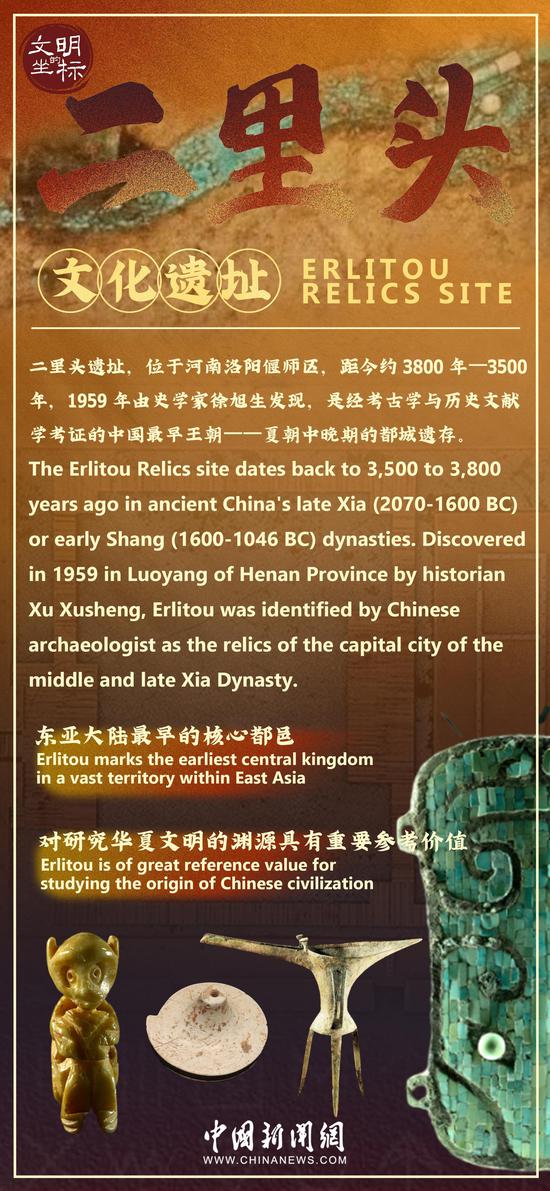


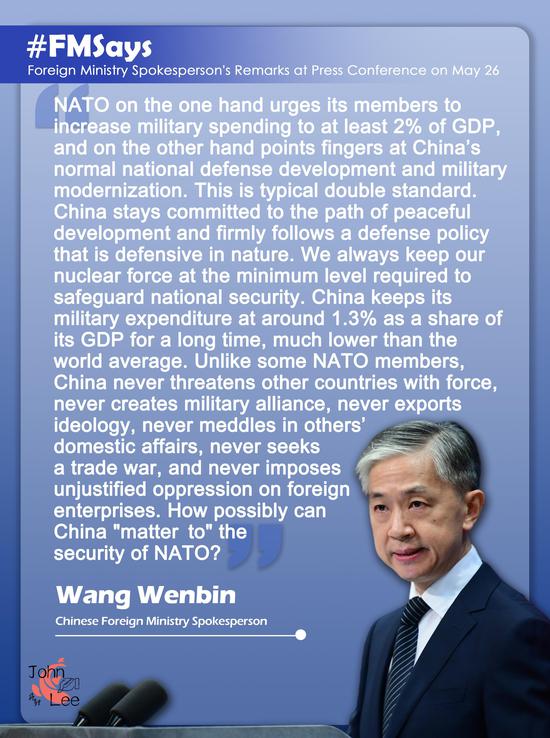




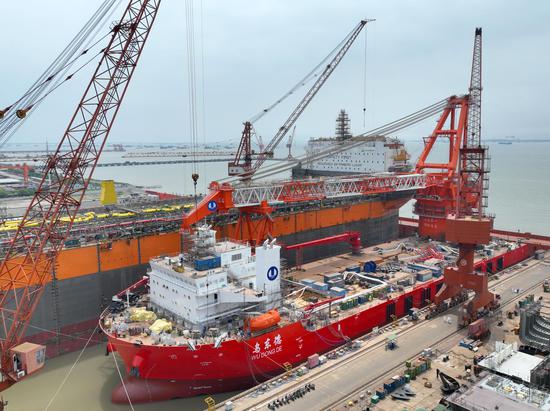


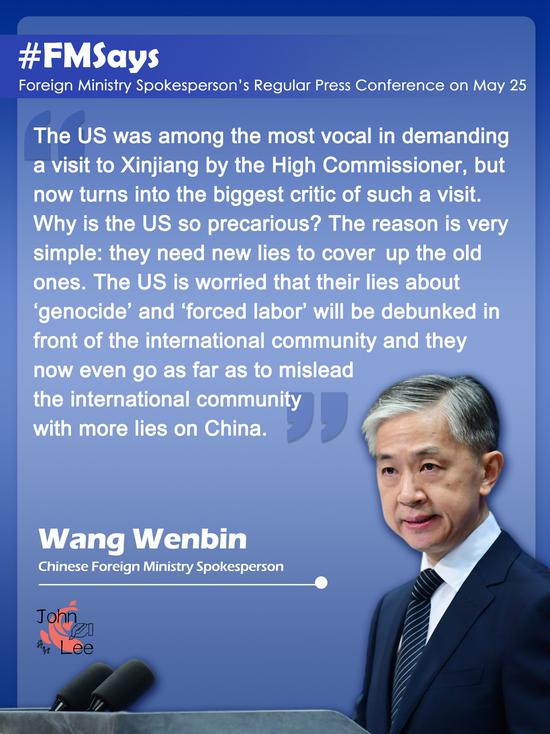







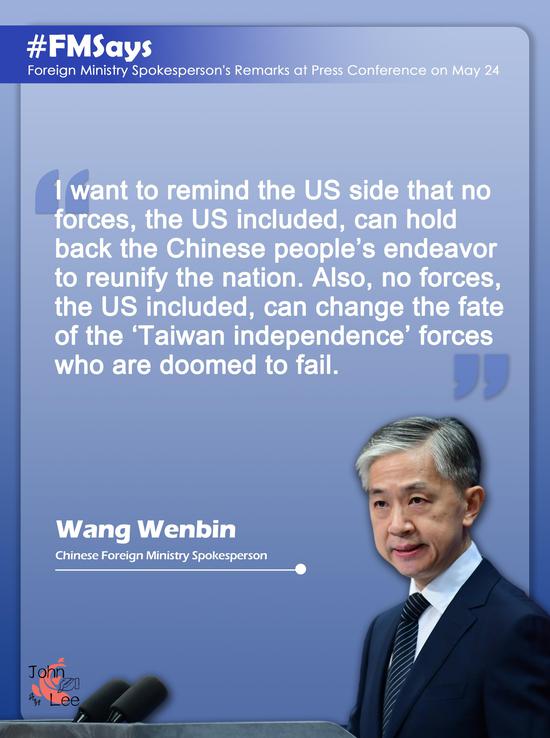

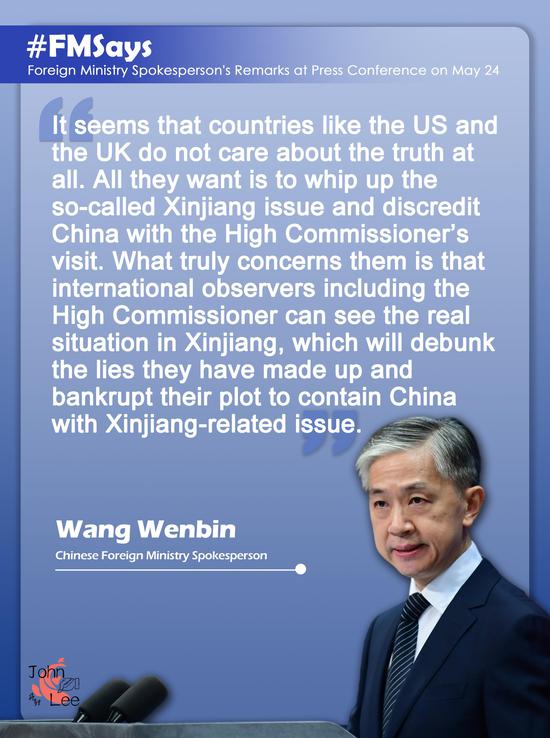






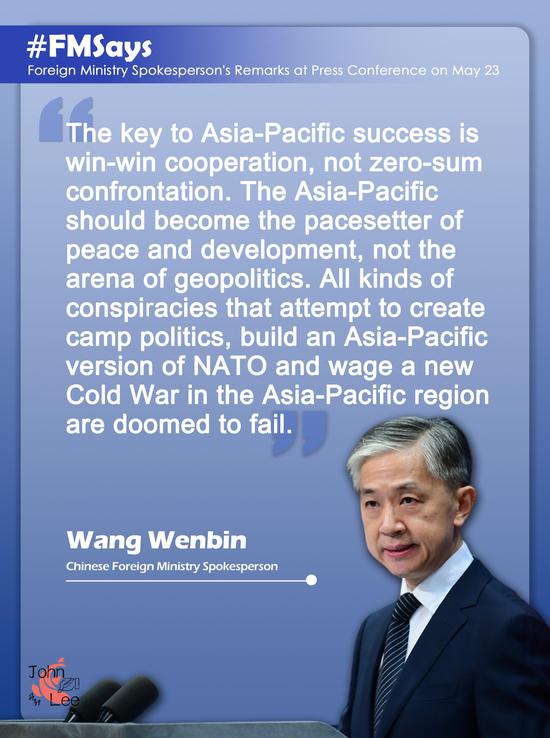



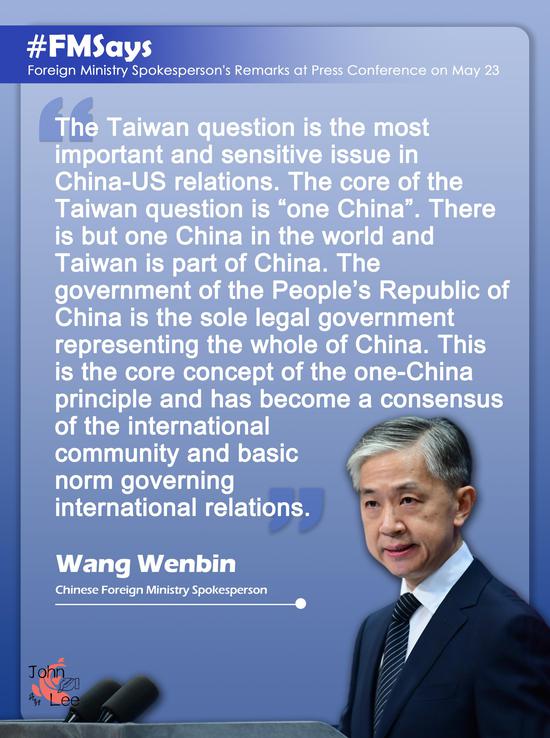
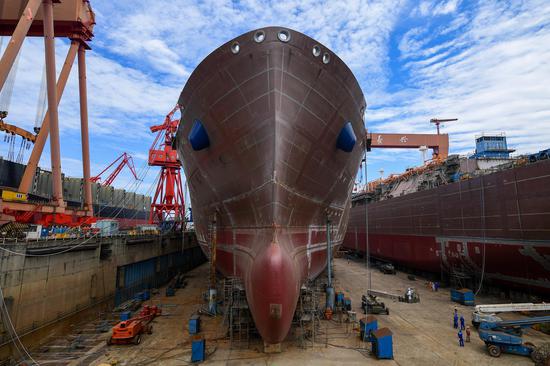








 京公网安备 11010202009201号
京公网安备 11010202009201号